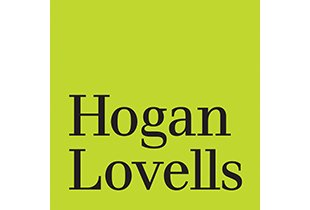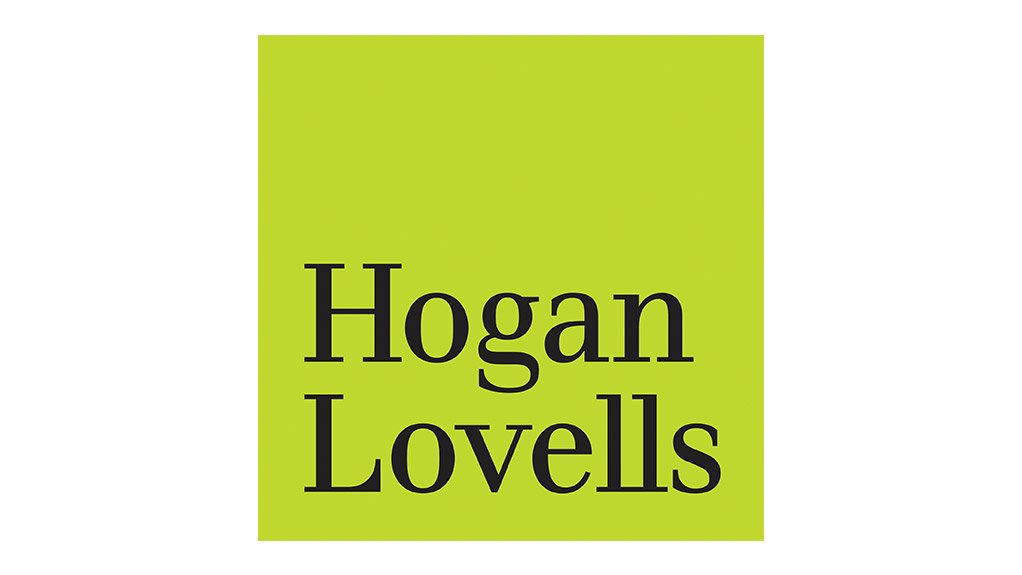In a precedent setting judgment, the Supreme Court of Appeal in Drake Flemmer & Orsmond Inc & Another v Gajjar NO [2017] ZASCA 169 (1 December 2017) pronounced on the principles applicable in respect of assessment of contractual damages arising from breach of mandate by an attorney.
The court has to determine at what date m damages against the attorneys for professional negligence should be assessed.
The facts of the case
On 2 July 1997, Mr Sutherland (the claimant), later substituted by the curator ad litem, was involved in a motor vehicle accident. He sustained a brain injury (not investigated by initial attorneys) and fractures of the pelvis and right femur.
The claimant instructed Drake Flemmer & Orsmond Inc (DFO) to institute his Road Accident Fund claim as a result of the injuries he sustained in the accident. DFO only referred the claimant to an orthopaedic surgeon.
On 21 December 1999, on the instruction of the claimant, DFO accepted the RAF's offer of settlement in the sum of ZAR98 334 (inclusive of general damages and medical expenses) plus undertaking for future medical expenses. No claim for loss of income was pursued by DFO against the RAF.
On 19 September 2000, the claimant addressed a letter to DFO seeking to review his settlement of his claim with the RAF. DFO advised him that it was not possible to do so. At the time, the claimant's complications resulting from the head injury had worsened and he had struggled to retain jobs and attempts to pursue a business venture had failed dismally. Effectively, the claimant was unemployable in the open labour market due to the consequences of the head injury he had sustained.
In July 2001, the claimant terminated the mandate of DFO and instructed Le Roux Inc (LRI) to pursue a claim against DFO for under-settling his RAF claim. On 25 April 2002, LRI confirmed indeed that the claimant's claim with the RAF was under-settled.
On 21 April 2005, LRI served summons against DFO for recovery of damages because of the under-settlement. However, at the time of institution of the legal proceedings against DFO by LRI, the claim had prescribed due to the incorrect computation of the commencement date of prescription by LRI.
On 18 November 2011, LRI advised the claimant that on the advice of new counsel, since they had allowed his claim against DFO for professional negligence to prescribe, they would withdraw as attorneys of record.
From April 2005 to November 2011 LRI had represented the claimant inadequately until its realisation that the claim against DFO had prescribed despite having knowledge of this allegation in DFO's plea in June 2005.
The matter was on trial in November 2015 and both DFO and LRI conceded liability. The only remaining issue to be decided by the lower court was the damages the claimant was entitled to, had his claim against the RAF been properly conducted. For that purpose, the claimant's claim was actuarially valued as at 1 December 2015. The lower court substantially accepted the claimant's quantification of his damages but reduced it by 43,69 percent because of a supposed delay of about seven years by the claimant in suing LRI. This effectively resulted in a valuation date of September 2009. The court in awarding compensation to the claimant, deducted from the reduced sum the actual settlement, grossed up to its September 2009 value, and awarded the claimant the difference.
On appeal, DFO and LRI contended that the claimant's claim should have been valued at the date of settlement (1999) or at the date of a notional trial against the RAF, and that for this reason, his claim should have been dismissed.
At the outset and having regard to the circumstances of the matter, the court observed that the underlying issues for determination are (i) applicable law; (ii) the permissible evidence and (iii) the time-value of money.
The court summarised its findings as follows:
“Where an attorney's negligence results in the loss by a client of a claim which, but for such negligence, would have been contested, the court trying the claim against the attorney must assess the amount the client would probably have recovered at the time of the notional trial against the original debtor. Where the claim original claim is one for personal injuries, the evidence available and the law applicable at the notional trial date would determine the recoverable amount. The nominal amount in rands which the client would have recovered against the original debtor represents the client's capital damages against the negligent attorney. If justice requires that the client be compensated for the decrease in the buying power of money in the period between the notional trial date and the date of demand or summons against the attorney, the remedy lies in s 2A(5) of the Interest Act. If s 2A(5) were invoked, the court would not necessarily apply the prescribed rate but might choose instead to adopt a rate which would neutralise the effect of inflation. A similar approach applies where, as in the present case, a second attorney has allowed the claim against the first attorney to prescribe.”
This judgment has far-reaching implications for attorneys in general and, in particular, for attorneys who specialise in personal injury claims emanating from professional negligence matters.
The court closed by sounding the warning bells and remarked that the circumstances of this case were exceptional and this case should not be used as a licence to claimants in future cases to approach matters as the plaintiff did. This cannot be further from the truth. The circumstances of this matter are not unique at all but are quite prevalent. Invariably, in trying to accommodate the claimant in this matter, the court has effectively redefined the law in terms of assessment of contractual damages arising from personal injury claims.
Attorneys you are forewarned and it definitively cannot be business as usual.
Written by Ayanda Nondwana, partner, and Palesa Letsaba, associate, at Hogan Lovells (South Africa)






